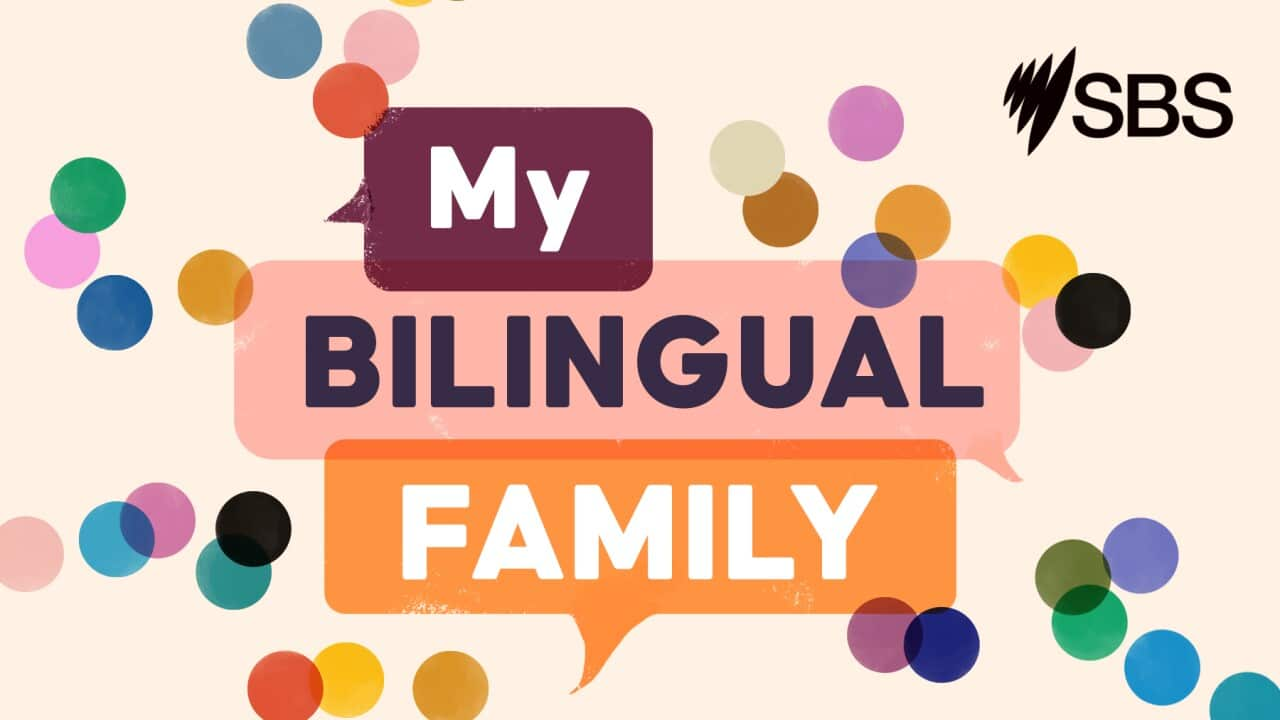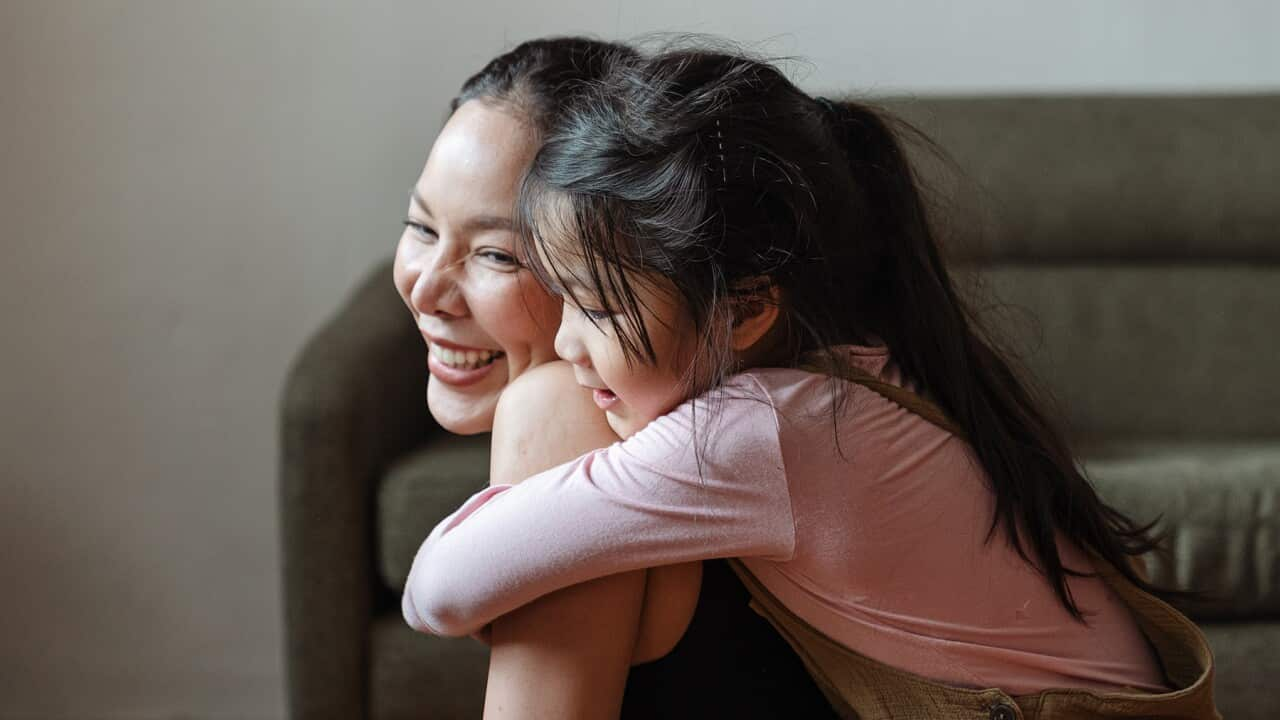"I was teaching English when I was travelling around Europe and I had seen many children learning English so easily," Chontelle Bonfiglio tells SBS Italian.
Chontelle's personal story could easily have been a story of unfulfilled bilingualism: born in Melbourne from an Aussie mum and an Italian father who had arrived down under aged four, Chontelle never spoke Italian in her family.
"My dad spoke Italian with his parents, but to me and my siblings he always spoke English, there was never an importance (placed on) learning a second language," she says.
She learnt Italian only as an adult, and love was the main driver: during a gap year in Europe she met an Italian man who is now her husband. After living together in Rome for seven years, they moved to Calabria, where they are still residing with their two children.
Chontelle explains, "It wasn’t until I moved down to Calabria, where I realised no one spoke English, (that) I really had no choice, I had to learn to get around!"
Listen to Chontelle's interview (in English) from SBS Italian:
Working as an English teacher, Chontelle matured her interest in bilingualism and her determination to raise her kids bilingual. But that's not all: Chontelle has also started a blog (in English) dedicated to bilingualism and multilingualism.
Titled , the blog gives her an opportunity to deepen her knowledge of this area and of sharing experiences with other parents.
"I knew that when I would have had children I wanted to give them that opportunity as well."
"I was teaching English when I was travelling around Europe," she explains. "So I’d seen other children learning English so easily as a second or third language, and I took an interest in bilingualism, I was studying up a lot about it, and I knew that when I would have had children I wanted to give them that opportunity as well."
On Bilingual Kidspot Chontelle publishes articles on strategies to raise bilingual kids, and also explores the doubts and "urban myths" surrounding language learning, collaborating at times with experts, such as speech pathologists.
"Especially because my father was Italian and he didn’t speak (Italian) to me, and I never got that opportunity, and I found out how hard it was to learn it later in life," she says.
"I wanted my kids to learn it while they were young easily." One of the most common doubts expressed in the blog's comments is about the possible delays in language acquisition for bilingual kids, or mixing languages. They are unfounded worries, according to various studies, but they are often raised in families where two or more languages are spoken.
One of the most common doubts expressed in the blog's comments is about the possible delays in language acquisition for bilingual kids, or mixing languages. They are unfounded worries, according to various studies, but they are often raised in families where two or more languages are spoken.

Chontelle si prepara al trasferimento in Australia Source: courtesy of Chontelle Bonfiglio
For the time being, Chontelle's main challenge as a mother is to keep up her kids' English, since where they live in Calabria, a Southern Italian region, there aren't many English-speaking people to hang out with.
"[In Australia] it is going to be hard keeping up their Italian, so we have decided to try, if possible, to keep the language inside the house Italian."
But soon her family will be moving to Melbourne, and Chontelle is already starting to reassess her family's language strategies, because in Australia the minority language will no longer be English but Italian.
However the effort is worthwhile: Chontelle notices her children are picking up languages easily and are also very open minded and curious about other cultures.
She says that once they get to Australia, "it is going to be hard keeping up their Italian, so we have decided to try, if possible, to keep the language inside the house Italian."
"I'm not sure how it'll work or if it'll work, or how I'll go speaking Italian with my own kids, but it's important to us that I speak Italian and they keep it up - especially to speak with their nonno and nonna here in Italy, and also so they become true bilinguals."



